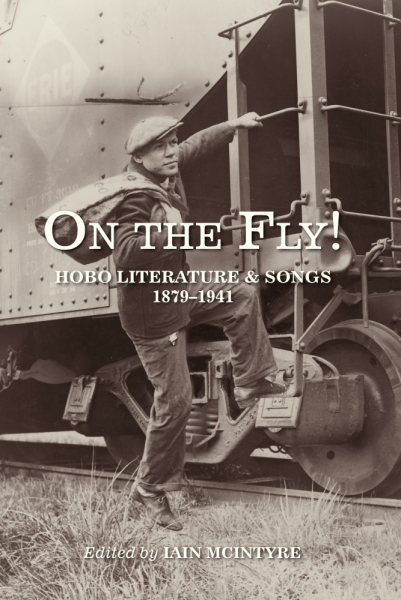Some days you run across things that just make you go, wait a minute, that's not right. And I'm not talking about Florida Man or South Dakota Man. I'm talking about people who have actually planned crimes, meticulously, and made some of the stupidest mistakes you can imagine.
For example, a married Colorado dentist who fell in love with another woman started looking up things on the internet like, “is arsenic detectable in an autopsy?” and “how to make murder look like a heart attack." (Yes, I know we at SleuthSayers have all probably done something like that, but at least we had the excuse that we're crime writers, right?) But this guy not only left a suspicious internet trail a mile long, but he actually ordered a rush shipment of potassium cyanide that he told the supplier was needed for a surgery. To his office. Where, of course, an employee opened it and went, "Wait, what does a dentist need with cyanide?" And that wasn't the only poison he ordered delivered. Sadly, all of this did not come out early enough to save his wife's life. (AP News)
But from it we can learn three things:
- Never use your own computer;
- Always delete the cookies and the history on the browser;
- Never have poison, etc., delivered to your office or home.
Another example is researching Amber Alerts, watching a movie about a woman’s abduction, and writing and delivering to 911 a pretty believable script about finding a white toddler all alone on the side of the road and then vanishing, leaving the car open and running and her cell phone, and having law enforcement searching for her and the toddler, and two days later showing up, claiming to be kidnapped and held hostage but escaping - for nothing? Ten days later, her attorney shows up and recites a flat statement that it was all a hoax. ??? (AP News) Honey, if you need a couple of days off, just take off!
And then there's other things that people have obviously written meticulously, carefully, and made a bestselling novel or movie out of it and... there's a major flaw.
I've talked about the 1998 movie A Simple Plan before. Very good, understandable, greed and stupidity win over planning. BUT, when an FBI Agent named Baxter arrives in this small town, Sheriff Carl Jenkins asks the "heroes" to work with him without ever having checked Baxter's credentials. This does not happen in the real world. No rural county sheriff would ever just say, "Nice to meet you, what can I do for you?" to someone claiming to be an FBI and wanting to investigate something. Sadly, if Sheriff Carl was that dumb, he deserved what he got.
(BTW: The fact that Sarah the librarian does and figures out who Baxter really is makes perfect sense to me but then I know that librarians can find out anything in the world, given enough time.)
This fact that rural, state, and national law enforcement do not always work smoothly together - indeed are often loath to listen to each other - explains a lot about some of the disastrous decisions made in recent years. The latest is the video from Circleville, Ohio, where State Highway Police had Jadarrius Rose surrendered, hands up, while a Circleville City Policeman arrived on the scene with a German Shepherd K-9 and totally ignored the state trooper yelling three times, "Do not release the dog with his hands up!" and released the dog, which promptly mauled Mr. Rose. (Link) I believe the city policeman figured he didn't have to listen to some state trooper.
But a while back I figured the most egregious example of mistake that ruins the whole plot (for me) is in Agatha Christie's Death on the Nile. Heiress Linnet Doyle is murdered at night in her cabin. Everyone is a suspect. Linnet's maid, Louise, is the second victim. And that right there is a major flaw, because (SPOILER ALERT!!!) Louise knows who Linnet's murderer is, and has already pried money out of the murderer. But murdering her right then and there makes no sense at all. You're the goose that lays the golden eggs, and she's a maid. She'll keep her mouth shut until everyone gets off the boat, because she wants more money. She'll follow you anywhere and keep your alibi, because she wants your money! You don't kill the goose that has the golden alibi. Instead, you pay her off for the next year or so, and then, away from Hercule Poirot, you kill her and make it look like an accident.
Finally, though, my favorite is from The Big Bang Theory, in "The Raiders Minimization" Amy Fowler shatters Sheldon's favorite movie, Raiders of the Lost Ark by pointing out the major plot flaw:
I still like the movie, but she's right.






































